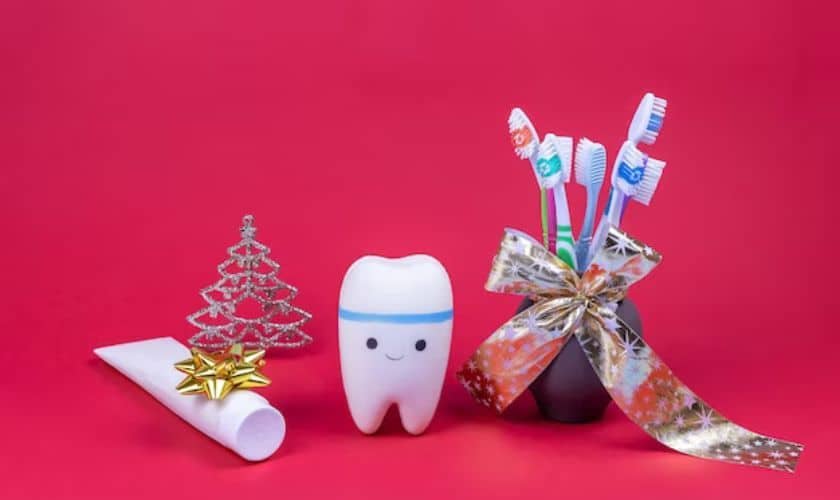When it comes to treating sleep apnea, you will find that we offer noninvasive oral appliance therapy. This means that you will wear a mouth guard while you sleep, which improves the position of your jaws and tongue. The result? Open airways that help air flow remain free and consistent. However, did you know that there are some things you can do on your own to promote a comfortable, restful night’s sleep? Learn more about becoming proactive with daily and nightly habits to help ensure you get the sleep you need for energy-filled days.
Questions and Answer: Sleep Apnea Remedies
Question: Does it matter how I sleep? I have heard that different sleeping positions may help keep my air passages open.
Answer: Yes. It is important to try to avoid sleeping on your back, which will allow your soft tissues to slide back toward your throat. Instead, do your best to adapt to sleeping on your side or on your stomach as a way of easing symptoms.
Question: I suffer from congestion, which I thought was my only problem – does this mean I don’t need to worry about my congestion any longer?
Answer: No, you should continue treating your congestion. This problem can contribute to sleep apnea because congested upper respiratory passages partially block your ability to breathe freely while you sleep.
Question: Is it true that I should avoid alcohol and other relaxants before bed because they may contribute to my throat muscles relaxing too much?
Answer: Yes. Even sleeping pills, which are meant to help you sleep, may artificially relax the muscles in your throat, which leads to collapsed airways associated with sleep apnea.





